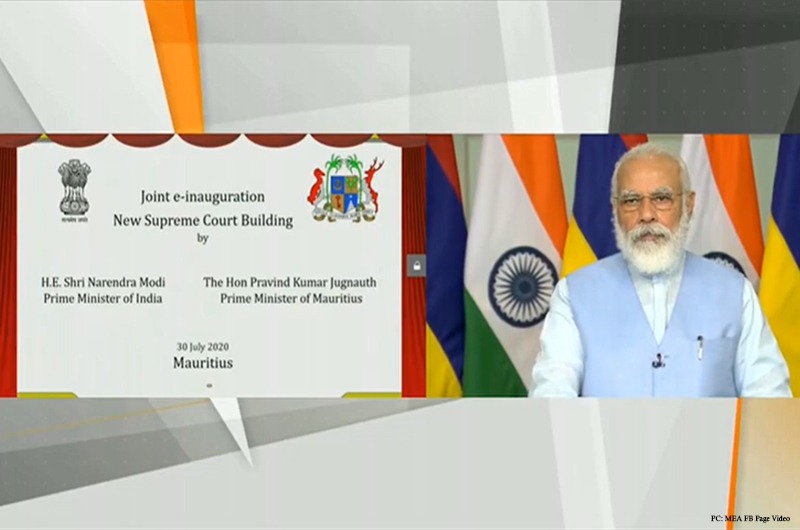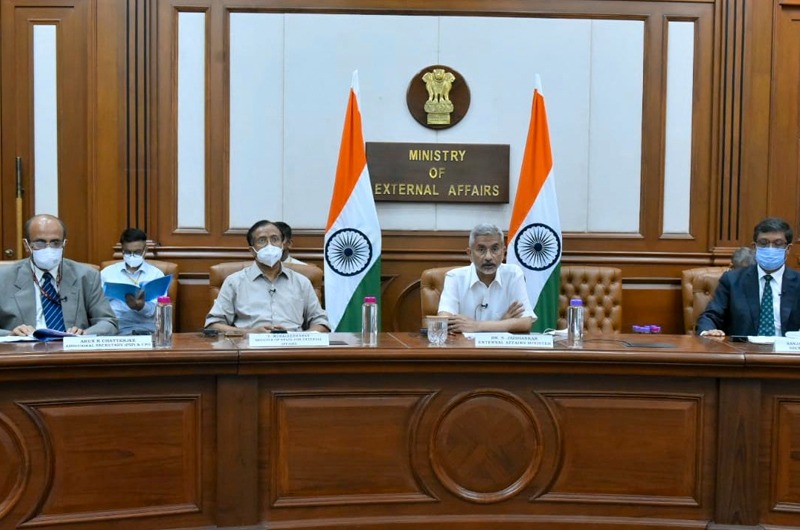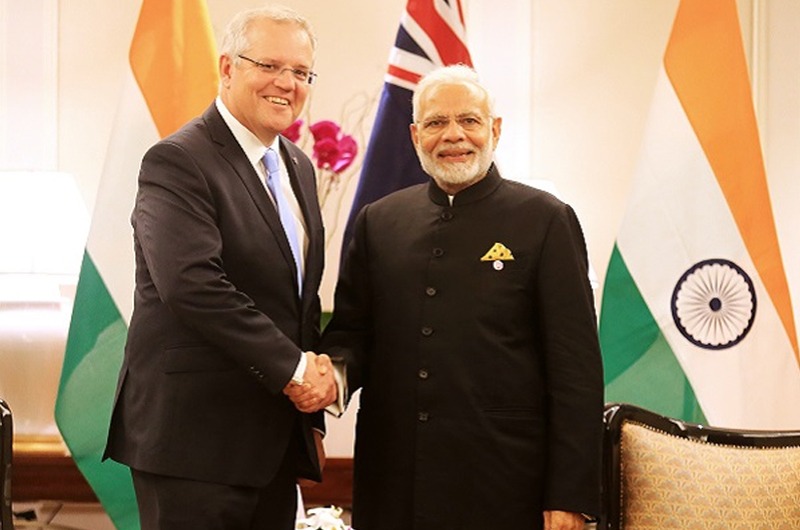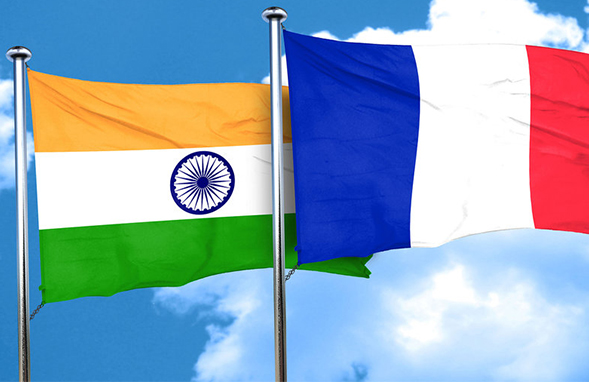
India’s historical engagement with France can be understood through the lens of adventurous travellers,medieval colonizers, and ordinary citizens.
The Roman Rolland Gallery was well lit and wore a celebratory look as I walked into Alliance Francaise de Delhi (AFD). The AFD was my school where I had learnt to speak a language that had found a place in my heart and I was there again to attend my French lessons. But on that summer afternoon, I had walked around a bit and had suddenly looked up at the board that had details about an exhibition of painters and artists organized by the AFD. It was going to celebrate the beautiful cultural mélange between India and France. A unique point of reference for me was the section that spoke about the “celebration of historical relations between the French Republic and the Republic of India”.
In our moribund existence as public policy professionals, we have come to focus entirely on diplomacy and the conflict-cooperation equation that states share. The crucial historical aspect attached to the relationship often goes unnoticed for we are unable to see beyond the existing prisms, focusing only on the profit and loss equations. While diplomatic relations are necessary for survival in the post-Westphalian world, historical ties must never be disregarded because I believe that history provides the necessary context for the development of sound bilateral relations between two countries. On this thought, I am taking this opportunity to talk through a hitherto little discussed aspect of the Indo-French relations that pertains to its rich history.
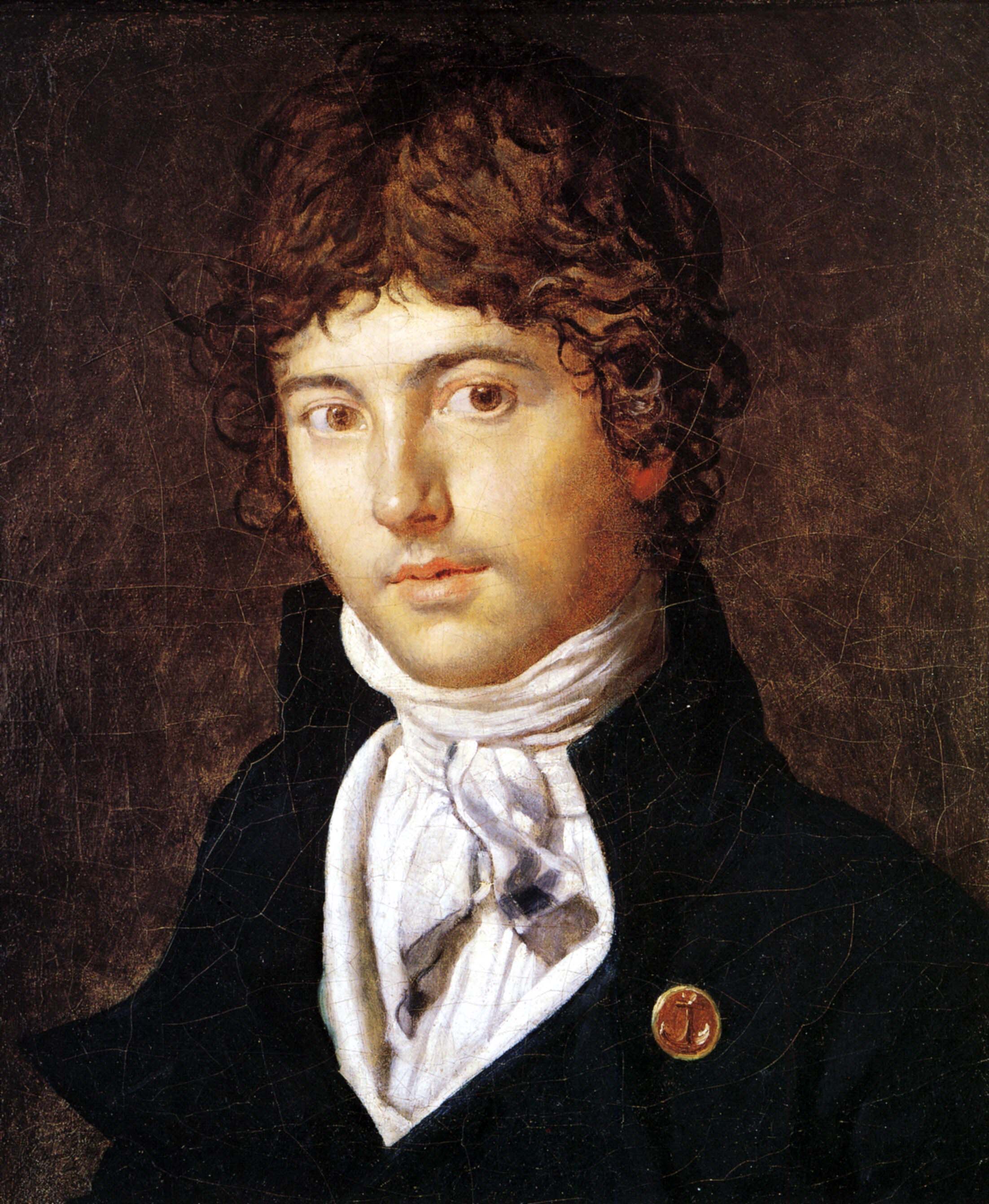
Medieval Interactions
India’s historical engagement with France can be understood through the lens of adventurous travellers, colonizers, soldiers and ordinary citizens. It was in the seventeenth century that a French gentleman named Francois Bernier visited India and became Mughal emperor Aurangzeb’s physician among others. He then documented his life in the book titled ‘Histoire de la dernière révolution des états du Grand Mogol’, and published it in Paris in 1670‒71. This book commonly known to us as the “Travels in the Mughal Empire” gave a poignant description of Bernier’s stay in India and his encounters with the local Indians. He was an avid traveler and lived in India for twelve years, even visiting the Kashmir region during his stay. Another name that does the rounds when discussing India’s historical relationship with France is of Jean Baptiste Tavernier whose ‘Six Voyages’ continues to engage readers till date. These travellers give us a clear glimpse of the life that average people led during the medieval times in India. Their descriptions are replete with everyday examples that help students of history to understand the cultural and religious milieu of the prevalent time.
French Colonial Presence
The subsequent centuries saw the French entering India as colonizers and fighting the massive Carnatic Wars (1746-63) with the British. The Carnatic Wars can be termed as “proxy wars” between two rising colonial powers for regional supremacy. Eventually Lord Clive and the British succeeded in India and the French sphere of influence was restricted to a few parts of the country like Pondicherry, Karikal, Chandannagar and Mahe. The engagement between India and France in this phase can be termed as a relationship where ‘the orient met the occident’ and curiosity about each other’s culture grew rapidly between the two countries.
Modern Times
The next phase saw Indians fighting the First World War on French soil for the Allied Powers. The Neuve Chappelle Indian Memorial in the French département of Pas de Calais celebrates the contribution of Indian soldiers like Gabbar Singh Negi during World War I. Prime Minister Narendra Modi visited this site of reverence in 2015 during his visit to France. His visit clearly commemorated the contribution made by countless Indians during the World Wars. The Indians and French people have been continuously engaged with each other since then at several levels. The Treaty establishing De Jure Cession of French Establishments in India signed in 1956 gave the inhabitants of France’s Indian possessions the option of choosing their political future. This peaceful transition and the shared historical links eventually paved the way for the establishment of bilateral relations between the La République Française, the mighty French Republic and the Republic of India.
Common Visions
The bilateral relations between both countries are cordial and are progressing at a rapid pace. Successive bilateral visits by the Indian and the French leadership have solidified this already burgeoning relationship. While authors like Jean Luc Racine argue that India’s bilateral relationship with France is dependent on the twin component of diplomacy and defense, it is not incorrect to suggest that trade and economics is becoming the raison d’être of the bilateral relationship as well. India and France established a strategic partnership in 1998 during the Presidency of Monsieur Jacques Chirac when the French leadership saw the increasing potential in the diplomatic relations between the two countries pour la première fois. India’s growth as an economic powerhouse then translated into India emerging as one of the most dependable partners of the France and the European Union (EU).
The India- France bilateral relationship has emerged as one of the most defining partnerships of the 21st century similar to the partnerships between India and the United States. The civil nuclear co-operation between India and France provides the perfect backdrop for the further growth and development of this ‘perfect partnership’ between the two countries. The fact that France had a genuine interest in India’s nuclear programme prior to the International Atomic Energy Agency (IAEA) waiver to India in 2008, clearly illustrates the mutual trust and lasting bond between the two countries.
Similarly, both France and India support the formation of a multipolar world order. They both believe that in a world where anarchy is the norm, having multiple partners and allies is an asset. On this thought, India and France are co-operating on a host of issues whichare unique on its own. The bilateral relationship between India and France has deepened and broadened like never before with both the countries co-operating on several issue areas including counter-terrorism. Issues of hard and soft diplomacy are getting equal attention from the respective governments because Paris is no longer just a tourist destination for Indians. There is genuine interest in the ‘French way of life’ among Indians as Indian students are pushing themselves to learn French and study in French universities like ‘Sciences Po’ in Paris. Indians are now aware of the existence of premier French institutes like the ‘Ecole Nationale d’Administration’ among others. The same level of curiosity can be seen among the French who are in love with Indian cuisine. It is not difficult to comprehend why there are long queues outside the Saravana Bhawan restaurant outside the Gare du Nord station in Paris. The world is becoming a smaller place with every passing day!
However, before we conclude, the Indo-French relationship needs to be seen through a realistic prism as well. Both the countries need to prioritize this relationship so that there is a steadfast and continuous growth in ties. The true potential of the relationship is yet to be reached as noted by key observers. But, all is not lost, because the young girl who saw the billboard at the Alliance Française in Delhi is a reflection of this upcoming change. I am a living example of this interaction and cultural phenomenon which began with the likes of Monsieur Francois Bernier and Emperor Aurangzeb and has transcended to the times of Monsieur Emmanuel Macron and Prime Minister Narendra Modi. India and France have a lot to offer each other and the story has only begun. We must allow ourselves to be a part of this story so that we ourselves can become an eminent part of history!


